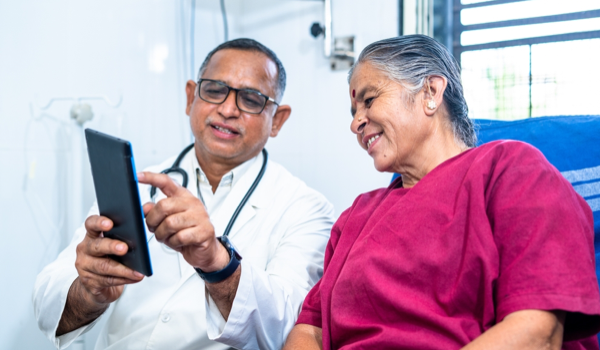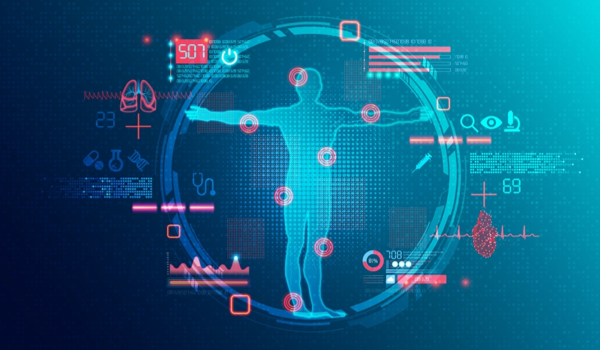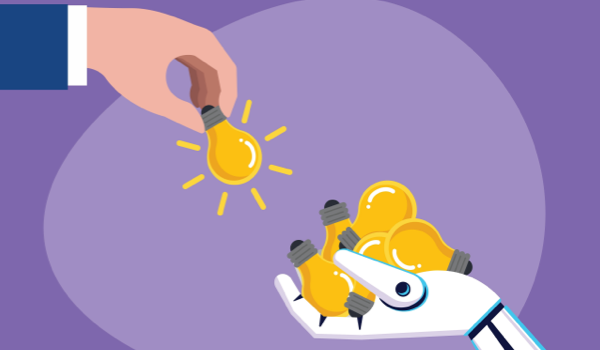


MUNICH - We are entering a transformational period in medical science, as traditional research techniques combine with massive computing power and a wealth of new data. Just recently, Google announced its development of an artificial intelligence (AI) system capable of outperforming human radiologists in detecting breast cancer, merely the latest example of how machine learning (ML) and Big Data are leading to new medical diagnostics, treatments, and discoveries. To realize AI’s enormous potential, however, we must develop a pragmatic and globally agreed approach to governing the collection and use of “real-world data.”
Real-world data includes any information that can help to guide new medical research. Some of it has been around for quite a while. For example, cancer researchers have long used anonymized health records to select patient candidates who are most likely to respond well to novel and experimental treatments. But other kinds of data have only recently become available, along with the technology for analyzing them at scale.
The new capabilities of AI and related technologies raise complicated, sometimes controversial questions about privacy and data ownership. But we can meet these challenges by establishing comprehensive rules to safeguard personal information. Policymakers around the world and within global governance institutions must not delay. Medical science powerhouses are already forging ahead with real-world data initiatives in the US, where the wide availability of anonymized patient data is fueling a new wave of innovation.
The National Cancer Institute, for example, is preparing to launch the Childhood Cancer Data Initia
The content herein is subject to copyright by Project Syndicate. All rights reserved. The content of the services is owned or licensed to The Yuan. The copying or storing of any content for anything other than personal use is expressly prohibited without prior written permission from The Yuan, or the copyright holder identified in the copyright notice contained in the content. Continue with Linkedin
Continue with Linkedin
 Continue with Google
Continue with Google







 3650 views
3650 views










